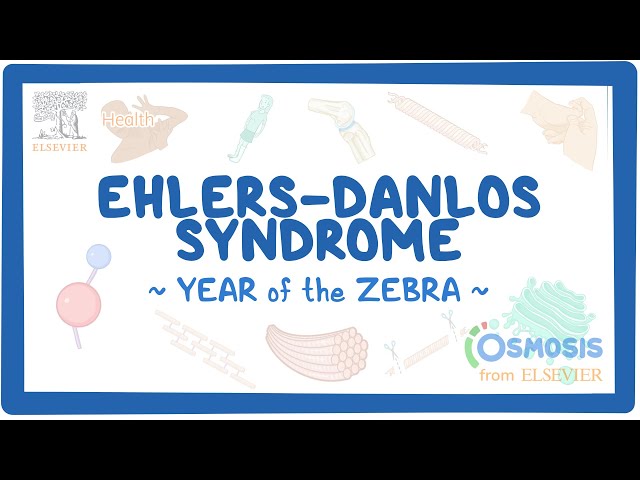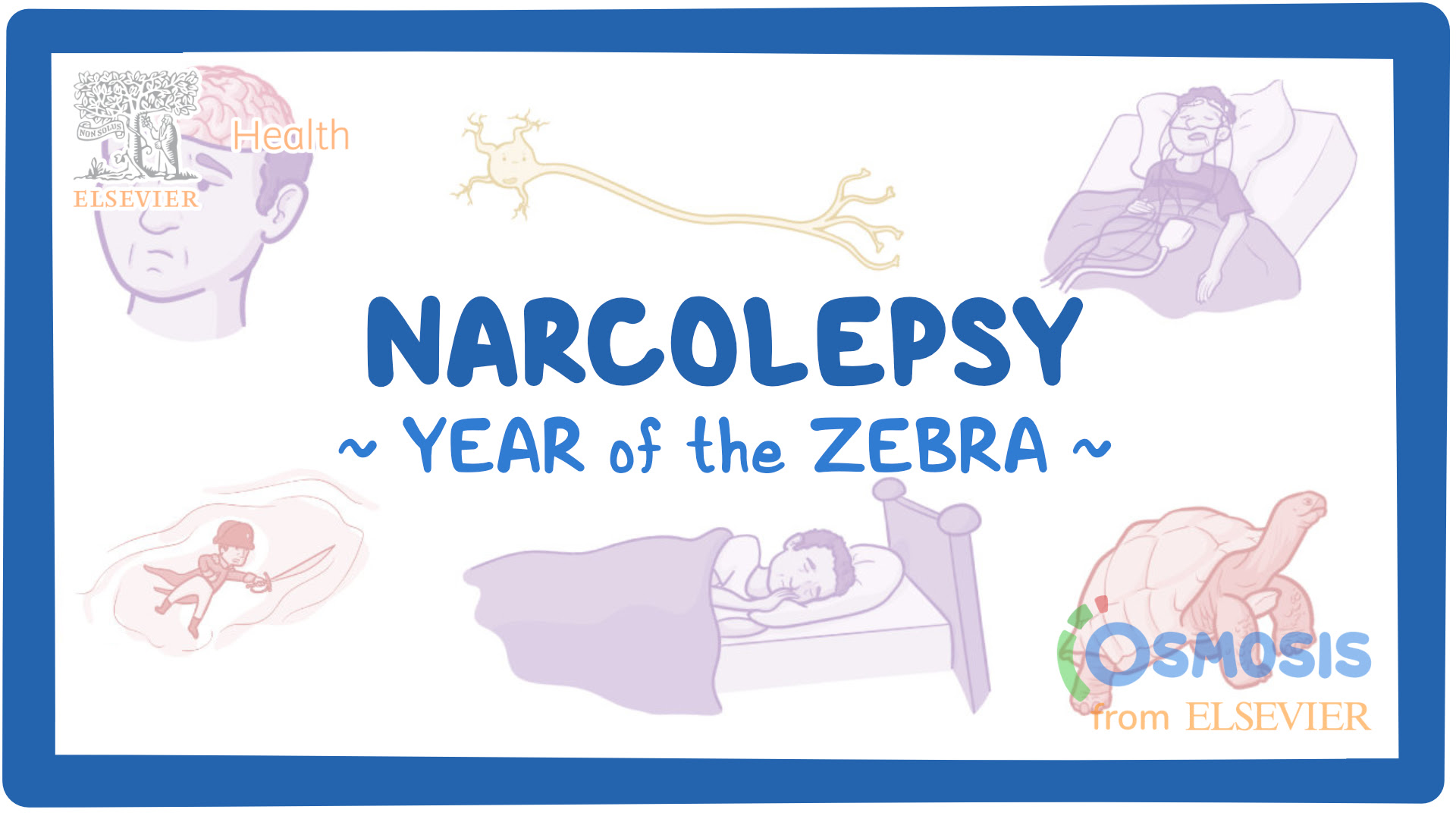Translational Sports Medicine
Handbook for Designing and Conducting Clinical and Translational Research
2023, Pages 513-518
Indigenous Peoples steward many of the world�s least-exploited natural areas, but nearly 60% of these lands face industrial development threats, especially where territorial rights and political representation are weak. Strengthening Indigenous rights, leadership, and access to conservation resources is key to reducing conversion risk and supporting socio-ecological resilience.
Handbook of Child and Adolescent Psychology Treatment Modules
Personalized Care in Behavior and Emotion Practical Resources for the Mental Health Professional, 2023, Pages 3-15
Handbook of Child and Adolescent Psychology Treatment Modules, Personalized Care in Behavior and Emotion Practical Resources for the Mental Health Professional, 2023, Pages 19-38



